 Stop reading this guide right now and pretend the term Blackjack Insurance wasn’t heard. It’s one of the worst possible bets in a casino that should always be ignored and never made under any circumstances. Still here? OK, let’s discuss why it exists and how it vacuums up piles of cash from bankrolls around the world, each and every day.
Stop reading this guide right now and pretend the term Blackjack Insurance wasn’t heard. It’s one of the worst possible bets in a casino that should always be ignored and never made under any circumstances. Still here? OK, let’s discuss why it exists and how it vacuums up piles of cash from bankrolls around the world, each and every day.
Felt on 21 tables usually states, Insurance Pays 2 to 1
, often the largest text visible. Hence consider this question, if the House is promoting a specific option so aggressively, doesn’t it say something about the player odds? It sure does.
What is Blackjack Insurance?
The “opportunity” arises in strictly one situation, when dealers’ up cards are an Ace. That bullet looks pretty intimidating, thus they generously go around the table asking each participant if Insurance
against the arrival of a game-ending Dealer Blackjack is desired. If anyone takes part, a side bet of up to 50% of original ante may be placed, staking that a ten-value result will appear.
If the worst comes to pass, Insurance pays 2:1, covering original ante loss, thereby facilitating breaking-even on the round. That sounds like a pretty decent consolation prize so many cave and accept, place a few chips down, only to see an 8 flipped over. Unsuccessful outcomes are extremely common and once understanding the true math, this risky action is never considered again.
What does 21 Insurance Protect Against?
Insurance is not covering success or failure of hands, simply whether croupiers make blackjack with their two cards. In real life, the bulk of people believe it’s wise to have protection against unfortunate events happening, which is totally understandable. Even though facing a 21 at tables is equivalent to a home fire, numbers explain the inherent errors in purchasing this coverage.
Why Blackjack Insurance is a Bad Bet
Let’s say an initial $10 chip is placed and the House shows an Ace, the player then decides to stake maximum Insurance available (based on wager amount) of $5. If the hole card creates a Dealer Blackjack, the customer breaks-even, certainly better than losing the entire $10. However, odds of a 10 lurking underneath are approximately 31%, equalling 4 out of 13 times.
This is what makes it such a terrible choice, as true payouts should be 3:1, yet operators merely offer 2:1, guaranteeing patrons invariably lose on the exchange. After making enough of these mistakes, bankrolls are burned through, leaving no remaining capital to play a game intelligently and act based on sound strategies.
Is Blackjack Insurance Ever a Good Bet?
Solely one situation may arise when Insurance is a sage decision, only executable by advanced professionals skilled at card counting. This is because they can identify when shoes are full of ten-value cards, increasing the probability of a dealer blackjack materializing. These experts then make favorable, odds-friendly wagers when appropriate, some claiming they’re the most lucrative possibilities found.
Note that if partaking in live dealer blackjack online, studio croupiers shuffle shoes halfway through so potential counters at home don’t achieve deep enough penetration to be effective. The vast majority of players aren’t attempting this anyway, making this policy fairly moot.
Ultimately, while everyone agrees it’s prudent to be protected in most facets of life, 21 isn’t one of them. Save those funds for more profitable endeavors.
